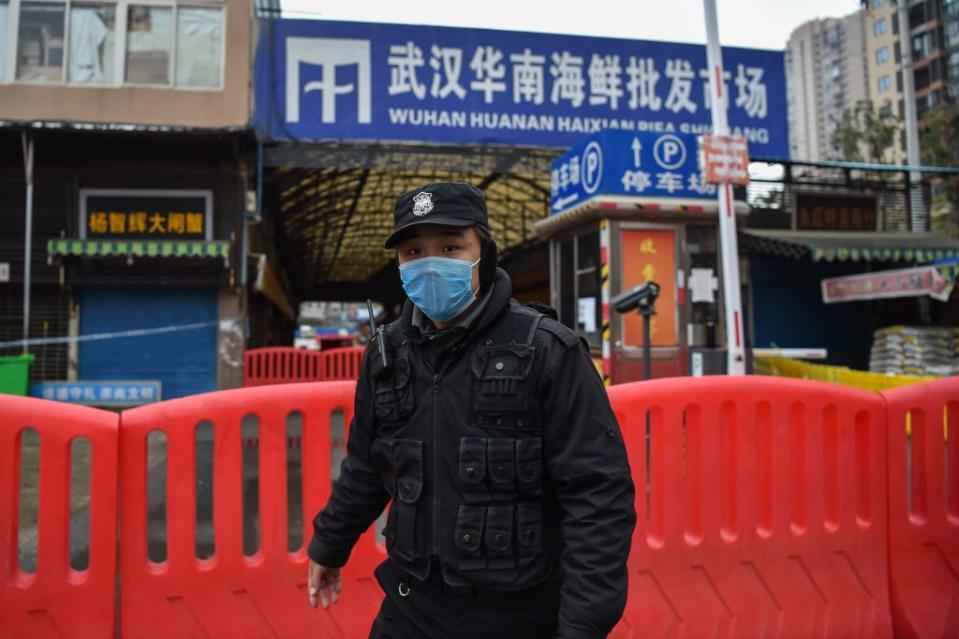Outrage as controversial book reveals hidden details of virus outbreak in Wuhan
A critically-acclaimed Chinese author has caused controversy in China after her diary entries during the coronavirus outbreak in Wuhan have been translated for release in the western world.
Wang Fang, 65, who uses the pen name Fang Fang, has been slammed as a traitor online after the account which she initially shared to her Weibo account has been collated for publication in English this month.
To be published as ‘Wuhan Diary’, Wang documents life inside Wuhan as the city was put into an unprecedented lockdown.
Live blog: Coronavirus news and updates from Australia
As many Chinese people looked for a reliable source as the outbreak began to spread in Hubei, millions flocked to her social media accounts to follow her account before they were later censored online.
Detailing a range of issues, she wrote about PPE shortages, overcrowded hospitals and claimed state-owned media tried to downplay the outbreak in its origins.

In an extract from the book published in the Sunday Times she details a conversation she had with her brother who told her there was a new contagious disease found in the city.
"Now that I think back, it was actually my eldest brother who first told me that this virus was contagious.
"He teaches at Huazhong University of Science and Technology.
"On December 31, he forwarded to me an essay entitled 'Suspected Case of Virus of Unknown Origin in Wuhan'.
"However, it wasn't long before the official government line came down: 'Not contagious between people; it's controllable and preventable'.”
Her account from within the original epicentre has divided opinion online, with Wang being accused of speculating from rumours she had heard from around the city.

Despite her work resonating with many Chinese people, when it was revealed her book was to be published in foreign languages, she was targeted online and was accused of profiting from criticising China, which could lead to further condemnation from the Western world.
The pending release of the book coincides with a growing group of countries calling for an independent inquiry into the origins of the coronavirus and how the outbreak was handled in its early stages.
Seeing the book as potential ammunition for other countries, social media in China was awash with angry nationalism accusing Wang of being a traitor to her country, with state-media publication The Global Times saying she had “lost her dignity”.
Gu Su, a professor of philosophy and politics at Nanjing University, told The South China Morning Post it has become difficult for Chinese people to accept information they disagree with after receiving one-sided information for so long.
“If China’s nationalism keeps growing to the extreme, becoming xenophobia, it will be bad for China’s future cooperation with the world,” he said.
There has been growing support for Wang, however last month this led to two Chinese universities investigating “inappropriate speech” by a staff member and former employee for supporting the author online, The South China Morning Post reported.
The hashtag Fang Fang on Weibo has so far been viewed about 940 million times.
Do you have a story tip? Email: newsroomau@yahoonews.com.
You can also follow us on Facebook, Instagram and Twitter and download the Yahoo News app from the App Store or Google Play.




